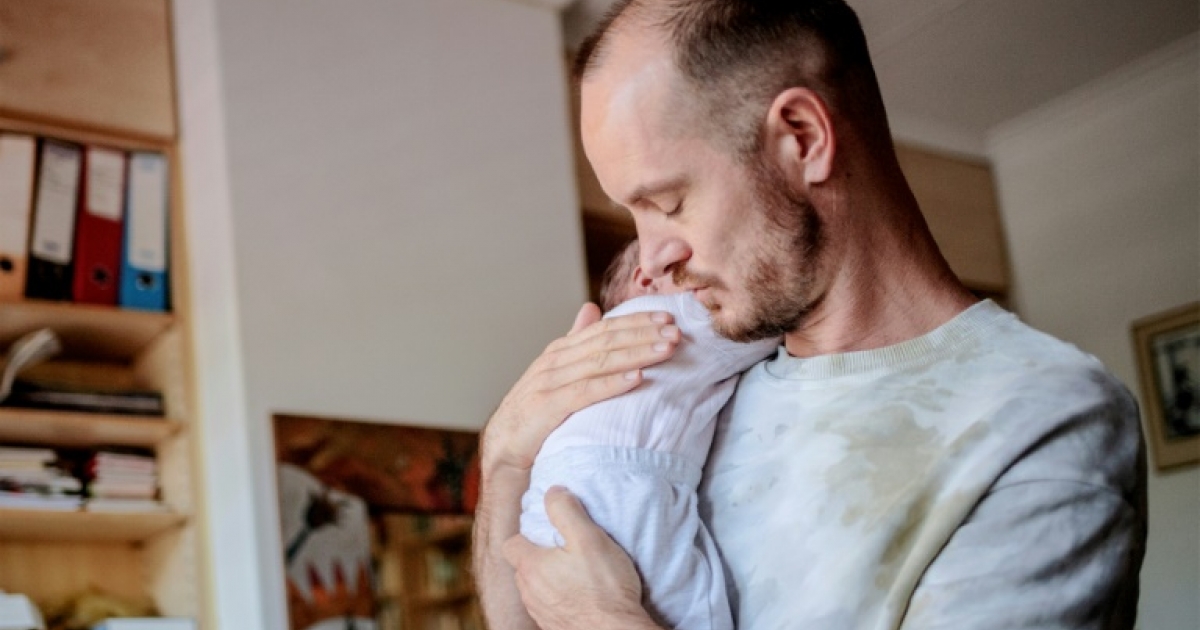
Now “I’m here in South Africa with the girls and cannot travel, cannot enter Namibia,” he said as the girls’ 70-year-old grandmother, Frauke Luehl, bottle-fed one while the other slept.
For now, a house in Johannesburg’s leafy suburb of Auckland Park is the girls’ temporary home.
Luehl and Delgado argue that there is no legal basis to require DNA proof of a biological relationship, and that they are being targeted and “discriminated” against because they are a same-sex couple.
“This requirement would never be asked from a heterosexual couple… (or) from a single mother who gave birth in South Africa, and comes to Namibia,” Luehl said.
Similarly, parents of adopted children would not be subjected to such requirements, he said.
But the Namibian government has rejected accusations of discrimination.
‘Outright rejection’
Home Affairs Minister Frans Kapofi “did not agree to a request to issue the twins Namibian travel documents, because their entitlement to Namibian citizenship by descent had not been determined,” the government said in a statement last month when the case was brought before the courts.
At the time, a crowd of activists rallied at a picket outside the court building in support of the twins.
In a separate case, the couple’s first child Yona — also born through surrogacy — is still fighting for Namibian citizenship.
When they proactively applied for the travel documents before the daughters’ birth they did not expect an easy ride.
“We were prepared… but not for this outright rejection by the Namibian government,” Luehl said.

